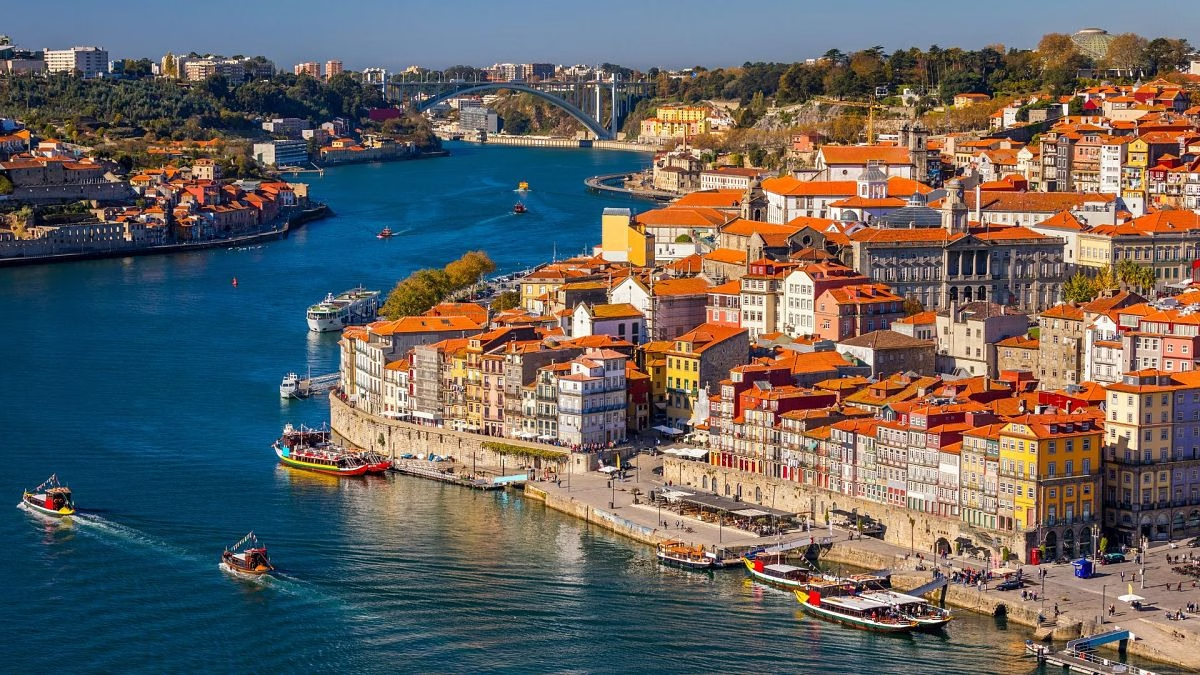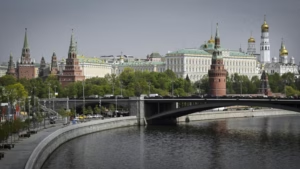European governments face significant challenges due to budgetary strain caused by slow growth, trade issues, and aging populations, all while aiming to increase defense spending. To compensate, these countries are vying to attract and retain high-income individuals, who can bring substantial investment and tax revenue.
The tax incentives designed to lure these affluent individuals are the subject of this article, along with the objections to them.
Italy is a favored destination for expatriates, offering a flat tax rate for foreign-sourced income, which has risen from €100,000 to €200,000 per annum. This incentive lasts for up to 15 years and is exclusively available to those who have not lived in Italy for nine of the past ten years. The high flat tax rate makes it most advantageous for individuals with very high net worth.
Switzerland has a similar system known as forfait fiscal, where taxes are based on expenses rather than income or wealth. It requires a minimum tax base, set at the higher figure of seven times the annual rent of your properties or above CHF 429,100. To qualify, one must not be a Swiss citizen and must be new to the country or have been absent for at least ten years. Individuals are also prohibited from working or running a business in Switzerland.
In Portugal, tax benefits have become a contentious issue due to the rising cost of living. Despite scaling back on these benefits in 2023, the government has reintroduced favorable tax conditions for non-habitual residents. This particularly attracts retirees with foreign pension income which, under the previous NHR scheme, was not taxed. Now, under NHR 2.0, highly-skilled professionals enjoy a 20% tax rate for ten years and certain foreign-income reductions, excluding fully taxable foreign pensions.
Shell companies offer another way for high net-worth individuals to pay lower taxes. These firms sit in a shadowy area between tax avoidance and evasion and often exist in countries with low corporate tax rates, such as Ireland, Hungary, Bulgaria, and Cyprus. The OECD is attempting to implement a global minimum corporate tax rate of 15% on firms earning over €750 million, but this is still a work in progress.
Experts caution that tax planning should consider a range of factors beyond simple rates, encompassing personal and corporate income taxes, capital gains, inheritance, wealth taxes, and social security charges. Countries like Malta and Monaco also present fiscal advantages depending on the nature of one’s income. Even traditionally high-tax regions like Belgium can be considered tax havens under certain conditions.
As the OECD pushes to increase corporate tax, the future of tax perks and the nature of these incentives remain uncertain. Despite criticism, countries continue to offer these benefits, arguing that the influx of wealthy individuals is advantageous for the state, bringing benefits to the property market, local businesses, and potentially spurring local entrepreneurial investments.
The wooing of affluent foreigners remains at the heart of political discussions, with arguments for and against these measures expected to continue.
Source: https://www.euronews.com/business/2025/05/07/in-which-european-countries-do-the-rich-get-the-most-tax-breaks






